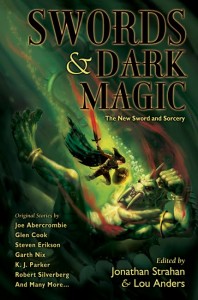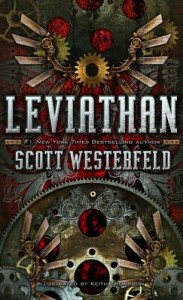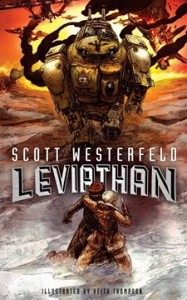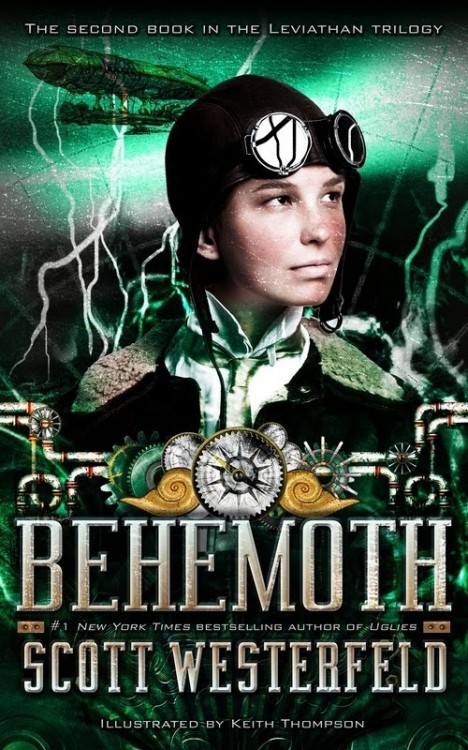
It had been three days since the stranger returned to Invergo, there on the muddy shores of the milky blue-green bay where the glacier met the sea. Bruised and bleeding, she?d walked out of the freezing water. Much of her armor and clothing were torn or missing, but she still had her spear and her dagger, and claimed to have slain the demon troll that had for so long plagued the people of the tiny village.
Yet, she returned to them with no proof of this mighty deed, except her word and her wounds. Many were quick to point out that the former could be lies, and that she could have come by the latter in any number of ways that did not actually involve killing the troll?or anything else, for that matter. She might have been foolhardy and wandered up onto the wide splay of the glacier, then taken a bad tumble on the ice. It might have happened just that way. Or she might have only slain a bear, or a wild boar or auroch, or a walrus, having mistaken one of these beasts for the demon. Some even suggested it may have been an honest mistake, for bears and walrus, and even boars and aurochs, can be quite fearsome when angered, and if encountered unexpectedly in the night, may have easily been confused with the troll.
Imagine Beowulf, but replace the titular character with a drunk lesbian, the verse with beautiful prose and a myth-like lilt and you’ve an idea of what to expect from The Sea Troll’s Daughter, Caitlin R. Kiernan‘s contribution to Swords & Dark Magic, an collection of short fiction compiled by Jonathan Strahan and Lou Anders. In an anthology stuffed with Scott Lynch, Joe Abercrombie and Greg Keyes, it comes as a bit of a surprise that, a few weeks since putting the novel down, the story that has lingered longest was written by an author I’d not had any encounter with in the past, that I’d not been intending to read at all. I’ve since learned that Caitlin R. Kiernan, beyond her novels, is a multiple awarding-winning, and very prolific writer of short fiction. It’s easy to see why.
The Sea Troll’s Daughter tells the tale of an (at first) unnamed warrior – a drunkard woman who claims to have slain the Sea Troll, a nefarious monster that has threatened the livelihood of the village. Weaved on top of this overall narrative are the woes of a downtrodden, but greedy village, doomed romance and the dangers of misconception. Kiernan plays with the ideas of repercussions, of greed and its inexorable hold on our race, and, ultimately, of that ever present search for redemption and self-worth.
The connections and allusions to Beowulf are obvious, but doubly interesting when one considers that Kiernan wrote the novelization of the 2007 film version of Beowulf. The Sea Trolls Daugher seems to be Kiernan’s rebuttal to the famous poem, a challenge to the stereotypes and plot structure that has been stolen so many times in modern and ancient literature. Replacing the archetypical Beowulf with a cynical, well-realized female lends a weight to the classic tale that I’ve not run across before.
Told much like a fireside tale, rather than a more typical narrative style, Kiernan’s work is reminiscent of myth and legend, like a story passed by word of mouth and subverted by each tongue it touches. The story there is compelling, but there’s also the melancholy feeling that the truth has been lost in the telling. It’s an unusual road for the narrative to travel, but one that gives the story a timeless quality, and it’s lingered with me far longer than the other stories in the volume. Rather than just setting out to tell a story that entertains, Kiernan attemps, and succeeds, in showing that cliches and familiarity can be strengths, as much as weaknesses.
Stories with this much perspicacity are rare, and doubly so when they have the courage to retell and refine one of the defining works of our civilization’s literature. If The Sea Troll’s Daughter, one of the standout stories in an exceptional collation, is an indication of the quality and life of Kiernan’s work, I’ve got a new trove of wonderful fiction to explore.



